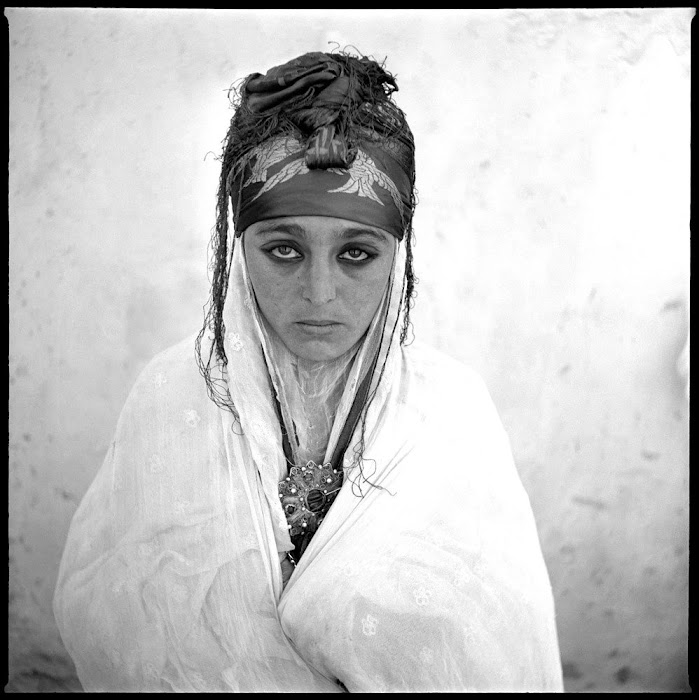“Outside of the musical knowledge and exposure, Coltrane also apprenticed in the
daily struggles of black musicians on the road. Segregation was a dominant
factor in the majority of performance venues, as well as the surrounding
geographical area. This determined where one could eat, use the bathroom, get
gasoline, rent a hotel room, or even get a drink of water. And there was always
the threat of racist police encounters. These cultural experiences were a part
of his mentoring on the road and influenced the evolution of his conscious
intent to use music as a force for goodness.”
Leonard Brown

Excerpts taken from an interview with John Coltrane's widow Alice Coltrane:
A lot was going on in the ’60s—black empowerment, civil rights, new jazz
music was becoming the New Thing, which also had a political edge. How did
John look upon all of that at the time—especially race (sic) politics? Was
he with Dr. King or more with Malcolm [X]?
He was very interested in the civil-rights movement. He appreciated both men
from their different perspectives. He did see the unity in what they were
trying to achieve, basically almost the same thing, taking different
directions to reach that point of achievement.
He knew that Dr. Martin Luther King was an intelligent man, who would’ve
probably found his quest in civil rights more horrible, more horrendous, by
going through the system as a lawyer or a professor. John felt that [King]
as a preacher could reach the heart of the people. And he felt that this was
very good, that it was an asset, that he would be able to lead the people
based on the spiritual sense instead of the civic, intellectual, legalistic.
John felt if you can talk to their heart you’ll get their support, and
you’ll get them to believe in what you’re doing.
About Malcolm, I know John had attended some of his talks that were in our
area. Once he came back and I asked him, “How was the lecture?” and he said
he thought it was superb. Different approaches to the same goal, telling the
people [to] be wise, try to get some kind of economic freedom, be
self-sufficient, depend on yourself, strengthen your family ties. Things
like that, not even involved with religion, just basic areas of improvement
so that you can make yourself a strong force for the good that needs to be
achieved. He told me that he appreciated the way that when the really tough
questions were asked from the audience, every one was answered with an
intelligence which the people could comprehend.
I know that some musicians who were around at the time were more
militant. How did John feel about that?
He would not be a part of it, and this is what many people wanted him to do.
They’d say, “Why don’t you take your horn, use it as an instrument to rally
people together, to awaken consciousness in these people to really stand and
fight for their rights?” He just said, “That’s not the way for me to go with
this music.” It was not the way for him, to take his music into a militant
zone to try to stress a point. If anything, we saw him going up. I would
imagine his philosophy would be closer to Martin Luther King Jr.: Let me try
to reach your heart, your spirit and your soul, and then we can move forward
uniformly as a people and accomplish great things.
He didn’t prefer violence to peace, and he was very disturbed by the
consequences [of the riots in the mid-1960s] and all the people who were
getting hurt in the rioting. I believe he called us once [when] he was out
of town when those [riots] were happening. He was mainly on the phone with
his mother, because she was with us at the time and she was quite upset
about it.
Alice Coltrane
- - - - -
- photograph
via
































